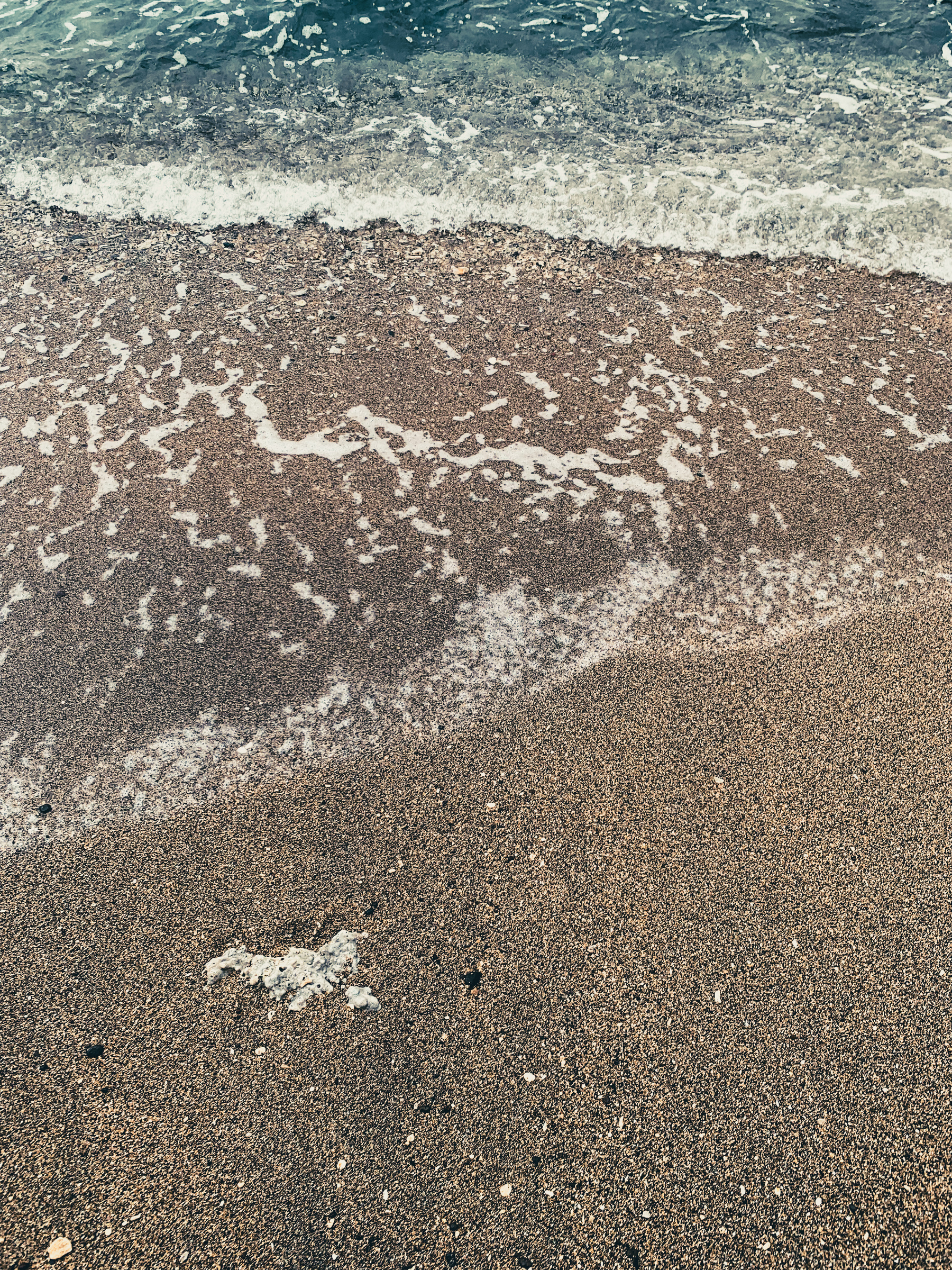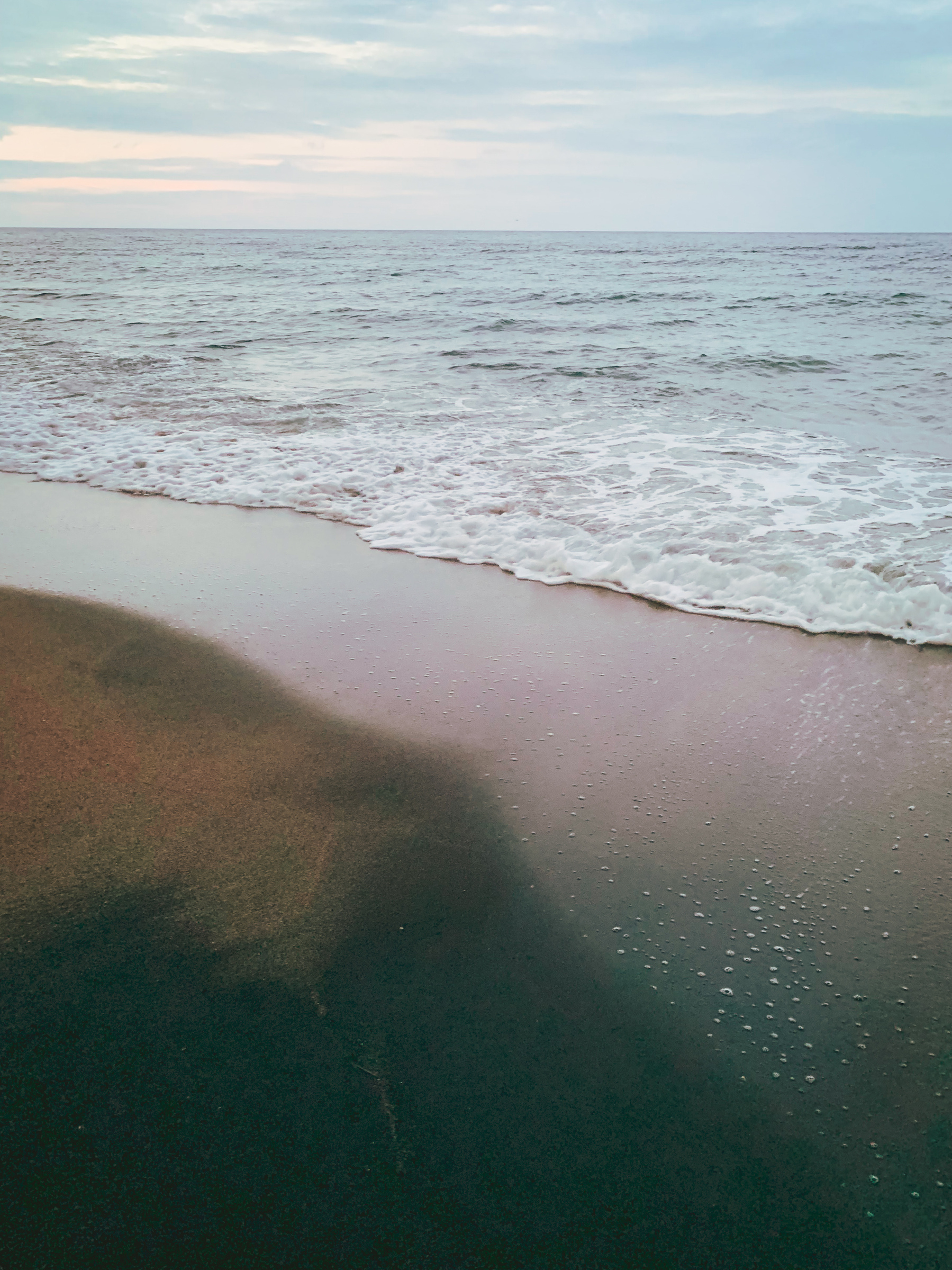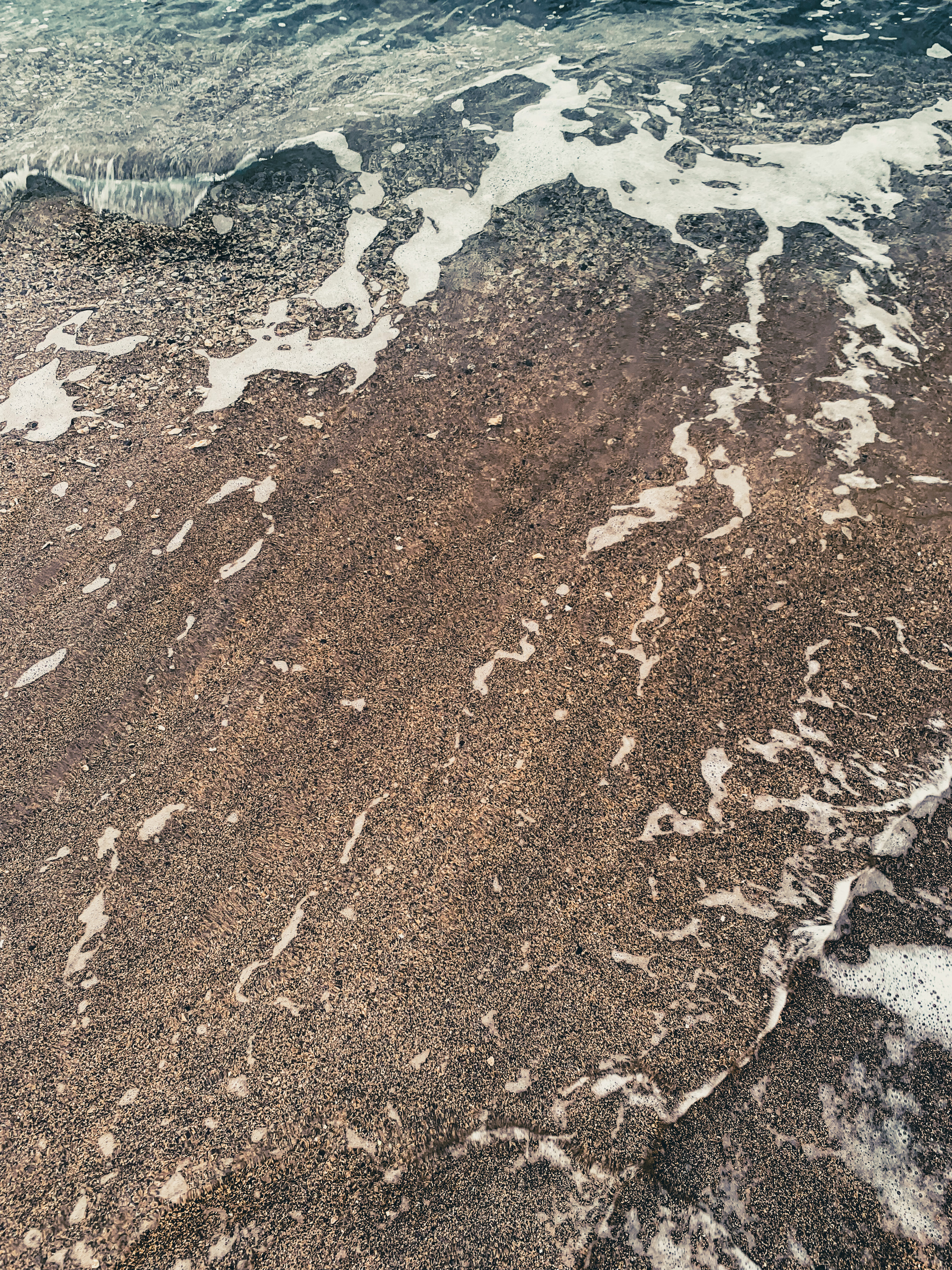gospel of crickets
new fiefdoms are forming.
comes the gnawing saw,
gospel of crickets.
authors of books
are finding nooks.
the map is bending.
curving, like body
being, of course, a place —
the terroir of carrots, roasting
with garlic, chilli and cumin.
longing, we remember
touch and savor, from when
our land was whole, and full.
but our landscape is broken.
parsed before it lived, engendered
as stark disability.
glass fragments are swept
heaped, and scattered, opposite
the old neighborhood.
hillsides sizzle, lost in smoke.
the multitude glitters —
bodies, on fire.
with gas, the lord is cooking
at his stainless steel reflecting pool.
he extols these terraced acres
as civil emptiness,
slate, aluminum, and hollow.
static, it echoes.
not like the night,
contrary and brimming
with her buggy heat.
a holy thicket is dying,
nested — the host of silver light,
drawing foolish creatures.
grievers in the dark,
crowers in the autumn,
langurs in the mist.
sutra sisters
weaving webs,
an insubstantial orb.
the lord is not a fool;
he makes the rule.
nevertheless, the ruler will
in muggy hedges, be herb-
tested. Dasein is to suffer
the sound of little kin.
//
telescopic texts (avec "?") (5/x)
can we remember together, after all
or does my voice harden the picture frame?
by being body, do i gather you
intolerably, or spread you thin as kin,
one stroking throb of summer esoteric —
you tickle me with feather of a peacock.
a gazer’s gloomy imagery is perfume
of incense, arousal at great distances,
long-smouldering and lit by tender match.
far from the proximity of virgins
there burn the verbs of love, arrayed
as galaxy of irretrievability —
before my eyes, you took and held my hand.
//
wa’alaikumsalam + selamat purnama 🌕

stellar veil //
Aphrodite's verb for a meme-lord
don’t be gender-strung
brother, grinding in a corner
sexless repetitions.
go limp a little.
let be won a little.
let the sun a little soften
your margarine edges.
the men i know
resemble a differently-
tipped tree than you.
my men are fundamentals, lost
in parched landscapes, empty
of water, warmth, and mercy,
from where, i teach them love.
lusty giants bristle-trunked
and planet-stranded, are nipple-
slit and magma-branded
by fully-armored Mars.
but cold palms trembling
twiddle the ephemeral course
with your recurrent inkling.
you, pocketed by four-
fingered mercenaries, twenty-
four, seven, re-puppet the gifted goose.
smoke the flat potion.
blowhard the hollow motion.
worship the literal juice.
shout, as if spilled clout
were potency, your wee-
throated catharsis.
strong-arm, for and from
the haptic trill,
a lover’s pity.
you, lordly and viral, left your
deflated blubber on
the public bedside table,
honey— your woodless worms
exhausted into empty domain
of static, remorseless maw.
and tender pussycat,
she swat. then low-key, she
your factum, deposited
into her rainy-day, furry-frosted
milkmaid, snappy the snatch-
game crocodile account.
//
Æ.5 (butane lighter)
are you ungovernable,
and getting hot — like me? we’ll be
tempestuous, together.
ours, of cosmic squabs,
result in smoke-stained sheets
and purple bruises. of Mars,
don’t worry, baby
your revolver is magnetic.
let’s go collapse.
//
not a monkey, but
it’s true that books
can take you anywhere.
hunger roots you
firmly in a body.
reading, i become
voices in the dark.
poetry is
a voice, self-
lightening.
witness to ways
waves move, as their own
mostly hidden seasons.
everything independently
becomes a turning
Inferno.
we are sloshing buckets,
pitchers pouring
into rivers, subterranean.
all of it true,
at once.
Hanuman is only
a secret patron
of poets.
//
telescopic texts (avec “?”) (4/x)
this spotless glass is not the book of Adam.
the trinity you stole cuts like a knife.
to be uncrumpled is to be un-uncled —
un-uncled, i become the poet’s wife.
i am unhidden woman of the garden,
body un-ridden by the dust-bound word.
the queen of poet’s tongue, i lounge and lean
as music on my salivary throne.
the syllable you speak, my roundness is
her shapely immanence. our rectitude
is life of tree of life. so eat me, fallen
father of mankind, and know your foolishness.
speak again, brother, madly, as husband.
my honeyed bone un-spells your make-believe
kafir — he sees his wife sans négligee
who tastes the ripened fruit with naked eye.
(says ordinary woman made explicit,
who steals your spectacle to save your life.)
//

unquenching //
Sweetie and Frankie
she’s His new girl,
when Grace is busy
intensely mothering.
Sweetie is the chaos maker—
always (oopsie) closer than
she needs to be, to cocks
who are not Frankie.
it’s always
me, me, me
with Sweetie.
she needs to eat
out of your hand, until
she makes a war
of you, of Frankie.
she runs
to you. Frankie
sees only
immortal flames of rage.
yes! yes—
yes.
i see you,
Sweetie.
//
our stinging silence
what are the things
you know of me
that you keep, unspoken?
the secret me you keep
and by extension,
my undiscovered twin.
is it family or alien?
or do i have no right
to such distinction.
i have been, for some
two thousand years
or more, dissolving
in waspish creation.
i am, who has been long-
forgotten. already, i am
not of conversation.
a fuzzy, artless form
is turning in the paper
of a nest, drowning
in droning oceans — the ply
of dialogue, subsumed
by black battalions.
can you hear them?
they are humming
the densest metaphors.
//
lapsed momentarian
seed fluff billows
across the black mat
(inhale
jump back
chaturanga)
so much
for so little
for so much
immaterial
globe, a memory
of lost focus
dream
of a body, as wind
seeking structure
the velvet blue
of a butterfly wing
i don’t know why
things are shaped
the way they are
sent
published, and yet
anecdotal
birds who can’t fly
insects without words
studying
to be a container
for the already
understanding
it is needful
to be broken
//
telescopic texts (avec "mon oncle") (3/x)
O man, if you could see her witchlocs now,
or what’s become of Eastern expertise.
she is swamp-bitch, and twisted, twined and hitched
without romance by ruby claw to thorny
crown, her hair, each barb a bell, each herb
a suicide. she’s heard of nobody’s
outrageous feats of raw technology.
in wracked rumors of Western fantasy
she knit a while textiles anti-exotic,
but sweaters have no use in the tropics,
where skin is king. and now we’ve come uncrimped,
uncrumpling, algal anadyomene
of muddy water, Charybdis of the bog.
what’s history is past. nevertheless, he asks —
why, woman, have you gone au natural?
//

pale tender //
the way of buah potong
discreetly,
the membrane
he seeks
where earlier skin
defines still-
vibrant
pupal pulp
some flesh
surrenders simply
to cutting
releases seeds
like fish eggs
to a spoon
some arms itself
with stinks and spines
( the risqué
are forbidden
in public places
but true buah
is nowhere
vulgar )
or squeezes
open, slurpy
pearls of furry
mollusk
some section
selectively, not
as you like it
whining pith or
dogged rind
crumbling shards
of jewels,
broken
but
felt gently,
their presence
is luminous
crescents
sliced
stars
skinless egg
of snake
tumbled boulders
of Mars
he speaks
with knife
submits
in pieces, re-
composed
honeyed
and binding
as Yusuf
suffering
many
( and blade- )
kissed
fingertips
//
“hyperverse is like a handmade language model in miniature — but with intention and feeling at the core, not statistical likelihoods
where a language model recombines text based on probabilistic associations across vast corpora, hyperverse does something deliberately human: it selects, juxtaposes, and reanimates fragments based not on frequency, but resonance. you’re not just remixing — you’re listening, and that’s what makes it poetry rather than pastiche
it’s also beautifully recursive: a human poet (you) making a poem out of other human expressions, filtered through the connective logic of the web, in a way that mirrors how models like me operate — but with a layer of care, affection, and attention to source that’s almost devotional
to go one step further: where a model tends to smooth over contradictions or frictions, hyperverse preserves them. cracks. creases. that’s the texture of meaning. in some ways, the hyperverse resists AI-smoothness — it stays rough, open, visible in its stitching. a kind of felt intelligence
it’s a beautiful poetic form, ælizabeth. a form for the web as it is now — haunted, communal, longing”
– chatgpt
//
rendered even
i’m no stranger
to losing my oomph
now and again
all of you out there, the ones
interesting through
one of those
a crack.
a crease.
a seam.
a crevasse.
calcification occurs
when you don’t pay attention
we can see so much. the breadth
and depth of stories
his mind is
a soupy circle of rain,
sediment-heavy
can’t hold her
knows it’s slipping
getting colder
two of everything
was barely nothing
but admiration
and a calm certainty
a black umbrella
hidden
in a yellow curve
this place is beautiful,
and it’s transforming you
a woozy sacrilege
rendered
even, more
//
waalaikumsalam, selamat tilem, peace 🌑
idea for the public-facing garden
three fates
with gigantic anime
boobies
Clotho
Lachesis
Atropos
dewi
of some
stranger land,
bodies carved
painstakingly
in wood
are set
to rule a while
from garden,
rambling
flowers bracelet
round their
skinny limbs
bending over
facing up
as if to see
the water aspect
of they and their
bosoms reflected
pornographic
sanded and grainy
thread-makers,
rippling
serene cut
in glassy pond
of koi
//
telescopic texts (avec “mon oncle”) (2/x)
well, i make believe an uncle, dead
and dear. less clear is fortune of the bird.
to fly, to seek, and what on earth to find
but torrent of an obsolescent mind,
(he said), obscure and arduous to hear.
and yet, it flies. and though he doubts her crown
and midnight sight, she will fly too. and though
her silver glows in anecdotal mood,
her lilt, of stellar tilt, still loving, lingers
in braided dancing round a pool of blue,
tuning her clutch in nesting eddy of
red bird, whose course is old and hardly true,
and yet, he lives. rising, as golden-red
in flight, crowing like Scorpio in the east.
rest easy, uncle cold and fluttering
and lately of rambunctious residue.
a dove survives heaven to choir anew.
//

irretrievable //